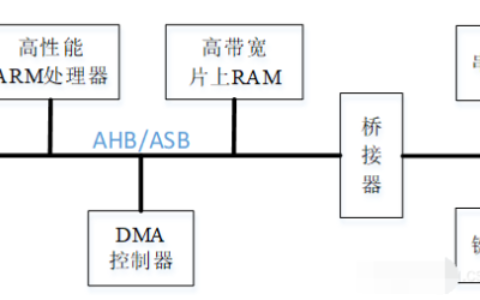Java线程同步的四种方式详解(建议收藏) public class SynchronizedThread { class Bank { private int account = 200; public int getAccount() { return account; } / * 用同步方法实现 * * @param money */ public synchronized void save(int money) { account += money; } / * 用同步代码块实现 * * @param money */ public void save1(int money) { synchronized (this) { account += money; } } } class NewThread implements Runnable { private Bank bank; public NewThread(Bank bank) { this.bank = bank; } @Override public void run() { for (int i = 0; i < 10; i++) { // bank.save1(10); bank.save(10); System.out.println(i + “账户余额为:” + bank.getAccount()); } } } / * 建立线程,调用内部类 */ public void useThread() { Bank bank = new Bank(); NewThread new_thread = new NewThread(bank); System.out.println(“线程1”); Thread thread1 = new Thread(new_thread); thread1.start(); System.out.println(“线程2”); Thread thread2 = new Thread(new_thread); thread2.start(); } public static void main(String[] args) { SynchronizedThread st = new SynchronizedThread(); st.useThread(); } }
2024最新激活全家桶教程,稳定运行到2099年,请移步至置顶文章:https://sigusoft.com/99576.html
版权声明:本文内容由互联网用户自发贡献,该文观点仅代表作者本人。本站仅提供信息存储空间服务,不拥有所有权,不承担相关法律责任。如发现本站有涉嫌侵权/违法违规的内容, 请联系我们举报,一经查实,本站将立刻删除。 文章由激活谷谷主-小谷整理,转载请注明出处:https://sigusoft.com/39158.html







